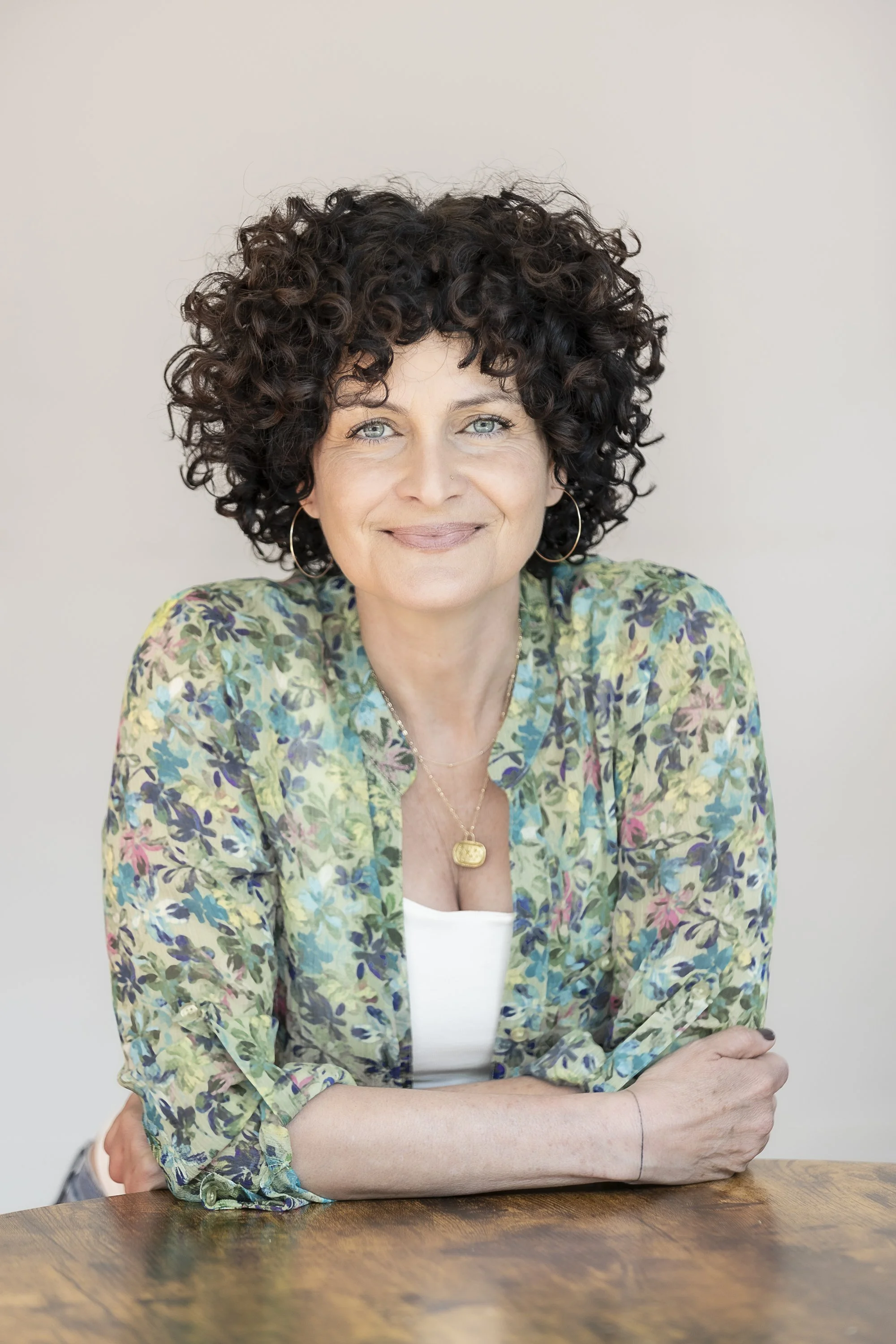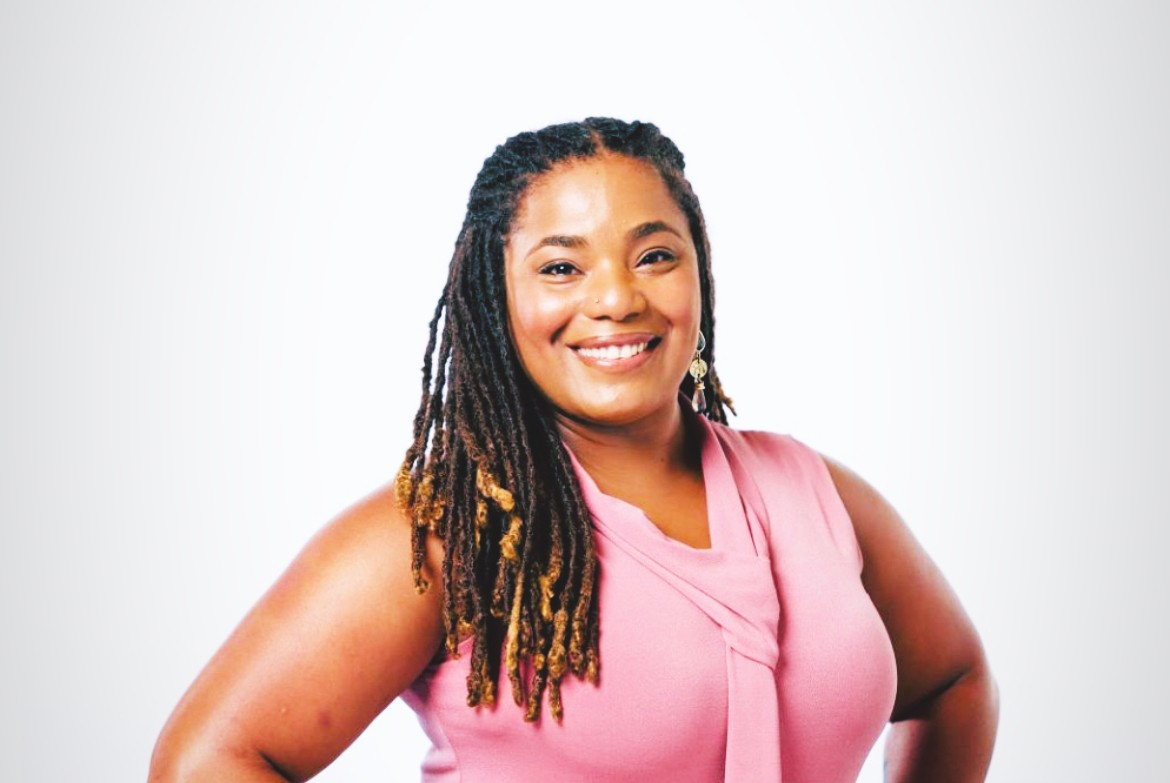
Master’s Degree, Integrative Psychology
NOW ENROLLING WINTER '26
Earn your Master’s Degree while building a mental health business. Learn a modern, trauma-informed framework for transforming mental health.
Enrollment Open, February 2026 Cohort.
Earn a Degree While Building a Client Business
Earn your MA while building a client business helping people build mental health.
Join our weekly info call: Every Wed. 11AM PST
Join Our Weekly Info Call
Learn about our master’s degree program in our weekly info call.

Less Academia.
More Mentoring.
Our degree’s are about reducing theory and dramatically increasing direct mentoring. You’ll choose a mentor currently in practice for guidance to help you develop business and clinical skills.
Weaving a Web of Human Nature
PROGRAM PHILOSOPHY:
Integrative Psychology bridges leading paradigms in modern psychology to help students develop a more integrated understanding of human nature.

Program Overview:
Degree: Master of Arts, Integrative Psychology
Online Degree with 3 in-person course options (4 days each)
Regular one-on-one meetings with your mentor.
Option for licensure preparation.
15-18 hours of coursework weekly.
Live Zoom sessions Thursday’s 9AM-12PM PST.
Cohorts twice annually (February, September)
Key Considerations:
Cost: ~$25,000
Payment plans and private student loans are available.
Accept transfer credit from Somatic Experiencing, IFS, coaching institutions, Chinese medicine school, and more.
Meet Your Instructors & Mentors
-

Niki Wikstrom
Dean of Academics, Integrative Therapist
-

Hala Khouri, MA
Lead Somatic Instructor
-

Mollie Mendoza
Mentor, Meditation & Movement Instructor
-

Tisha Shull, LCMHC
Parts Therapy Instructor
-

Dr. Paul Zak
Neuroscientist, Instructor
-

Susan Bass, MS
Ayurveda & Energetics Instructor
-

Dr Sara Hazel
Functional Medicine Doctor
-
Adam Carney
Business Instructor
-

Dr. Tequila Hill
LMFT, Integrative Therapist
-

Mandy Kruger, MA
One-on-One Mentor
-

Jeremy Falk
Educational Director
-

Ilona Varo, LMFT
One-on-One Mentor
What’s it like studying with us?
Watch Our Orientation
Watch the orientation from our most recent cohort, where we introduce 40 new students to our instructors and mentors.

Not ready for a full Degree?
Our 5-month professional certifications allow you to transfer credits towards our Degrees, enabling you to complete coursework in smaller, more affordable chunks.
FAQs: MA INTEGRATIVE PSYCH
-
A bachelor’s degree in any subject is required in almost all cases.
No prior psychology degree or professional experience is required, though a strong interest in mental health, wellness, and holistic practices is beneficial.
We strongly favor candidates who already have coaching clients.
-
We’ve designed the degree to be online-based. We also run 4-day in-person retreat weekends twice a year.
-
Yes, we accept international students from most countries.
-
Pursuing a license is optional, but can be helpful for your career as it allows you to bill insurance and work with clients with severe and diagnosed mental health disorders.
Counseling (LPCC) & LMFT Licensure:
Students interested in pursuing professional counseling licensure can complete our MA in Integrative Psychology first, and then continue seamlessly into our MS in Clinical Counseling program. Taken together, these two degrees fulfill licensure requirements in 48 out of 50 U.S. states, as well as Canada.While the combined coursework and clinical hours are comparable to traditional counseling programs, we’ve intentionally structured them as separate degrees. This approach allows you to earn your initial MA faster, giving you an earlier credential, practical experience, and the flexibility to move forward into licensure at your own pace.
Addiction Counseling Licensure:
The MA in Integrative Psychology with an Addiction Counseling Concentration meets the requirements for licensure or certification in most US states. If you are interested in pursuing this license, please request our state by state report from your academic advisor. -
Yes, our program is designed to accommodate working professionals, with a flexible, primarily online format. Courses are structured into manageable 9-week quarters with scheduled breaks between terms. This design allows you to balance your studies alongside personal and professional commitments.
-
Yes. In your first year, your instructors help you develop a client base, which you can use towards practicum/internship hours. Students can also elect to secure an internship instead of developing your own client base.
-
Yes. When you apply, our academic advisors will guide you towards how you can use your current client sessions towards practical degree credit.
-
Graduates of our program pursue careers as integrative therapists, mental health coaches, wellness practitioners, educators, and consultants. Many build thriving private practices, while others apply integrative psychology principles in healthcare, corporate wellness, and educational settings. The educational psychology concentration is designed to prepare you for roles as a school counselor at any educational level. The addiction concentration is designed to prepare you for licensure / certification as an addiction counselor.




